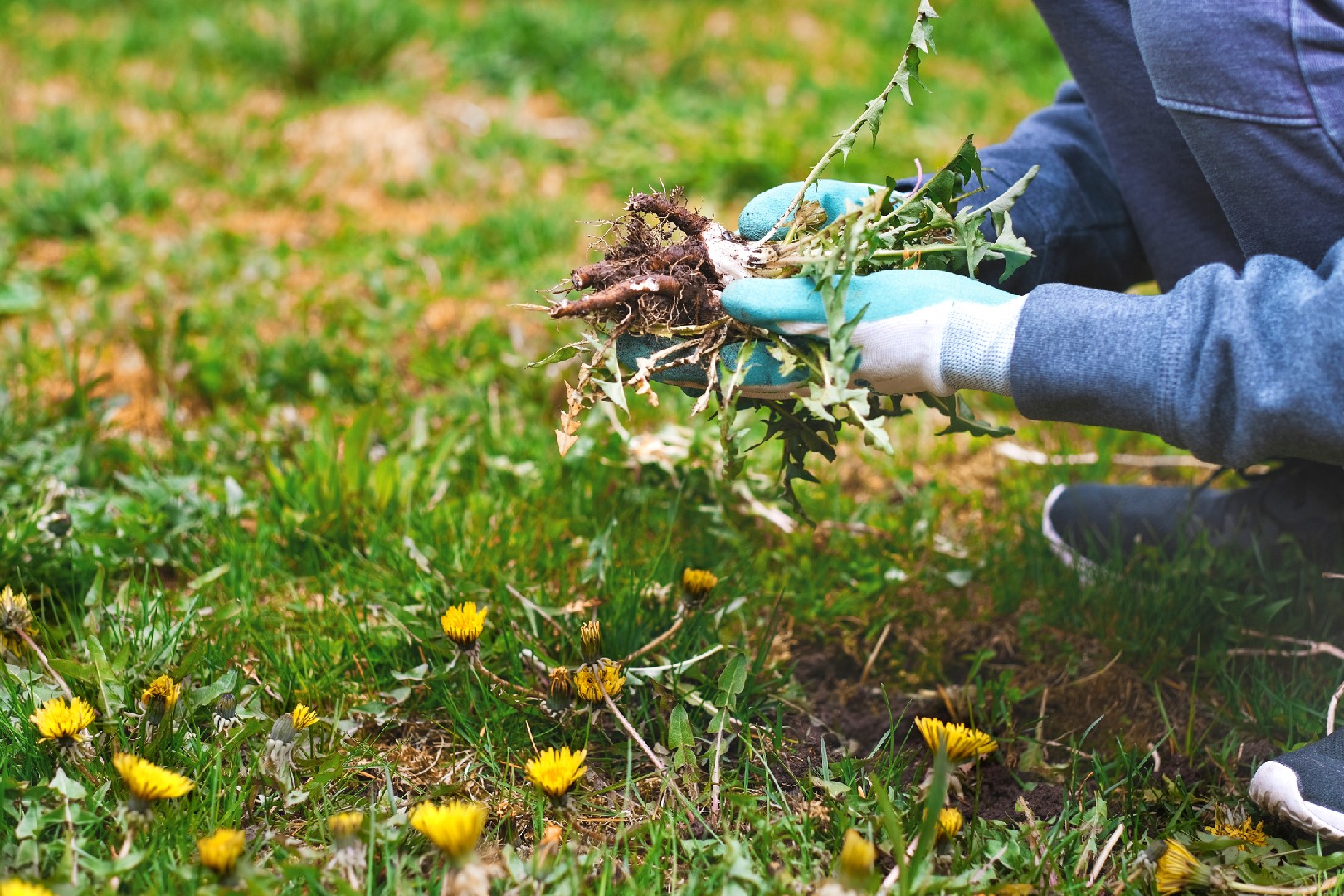![Rectangle]()
How Vinegar Works As A Weed Killer
Vinegar, a common household ingredient, has long been recognized for its weed-killing abilities. This natural solution is not only effective but also safe for the environment, making it a popular alternative to chemical herbicides. In this section, we will delve into the key components of vinegar that contribute to its weed-killing properties, explain the scientific mechanisms behind its action on various weed species, and explore the effectiveness of different types of vinegar in varying concentrations.
Vinegar contains acetic acid as its primary active ingredient, which is responsible for its weed-killing abilities. Acetic acid works by disrupting the cell membranes of weeds, causing them to desiccate and die. The higher the concentration of acetic acid in the vinegar, the more potent it is as a weed killer. Distilled vinegar typically contains 5% acetic acid, while horticultural vinegar can contain up to 20% acetic acid.
When vinegar comes into contact with a weed, it penetrates through the plant's leaves and stems, effectively killing it. This makes vinegar an excellent option for spot treating weeds in garden beds, patios, and driveway cracks. However, it's important to note that vinegar is a non-selective herbicide, meaning it will kill any plant it comes into contact with. Therefore, caution should be exercised when using vinegar in areas where desirable plants are present.
The effectiveness of vinegar as a weed killer can vary depending on the type and concentration of vinegar used. Distilled white vinegar, commonly found in households, is typically suitable for controlling young, tender weeds. However, when dealing with more established or resilient weeds, a stronger concentration of vinegar is needed. This is where horticultural vinegar comes into play. With its higher concentration of acetic acid, horticultural vinegar packs a more powerful punch against stubborn weeds.
To maximize the effectiveness of vinegar as a weed killer, it is important to apply it during warm, sunny weather. This is because the heat and sunlight help to accelerate the desiccation process, making it faster and more efficient. It's also advisable to spray vinegar directly onto the leaves and stems of weeds, ensuring thorough coverage.
Before applying vinegar as a weed killer, it's recommended to test a small area first to assess its potential impact on desirable plants. Additionally, vinegar may be most effective on annual weeds, while perennial weeds may require multiple applications.
In conclusion, vinegar's weed-killing abilities stem from its key component, acetic acid, which disrupts the cell membranes of weeds and causes them to wither away. Different concentrations of vinegar can be used depending on the type and resilience of the weeds. While vinegar is an effective and eco-friendly alternative to chemical herbicides, caution should be exercised to avoid damaging desirable plants. By understanding how vinegar works and applying it strategically, gardeners and homeowners can harness its power to effectively control weeds in their outdoor spaces.





